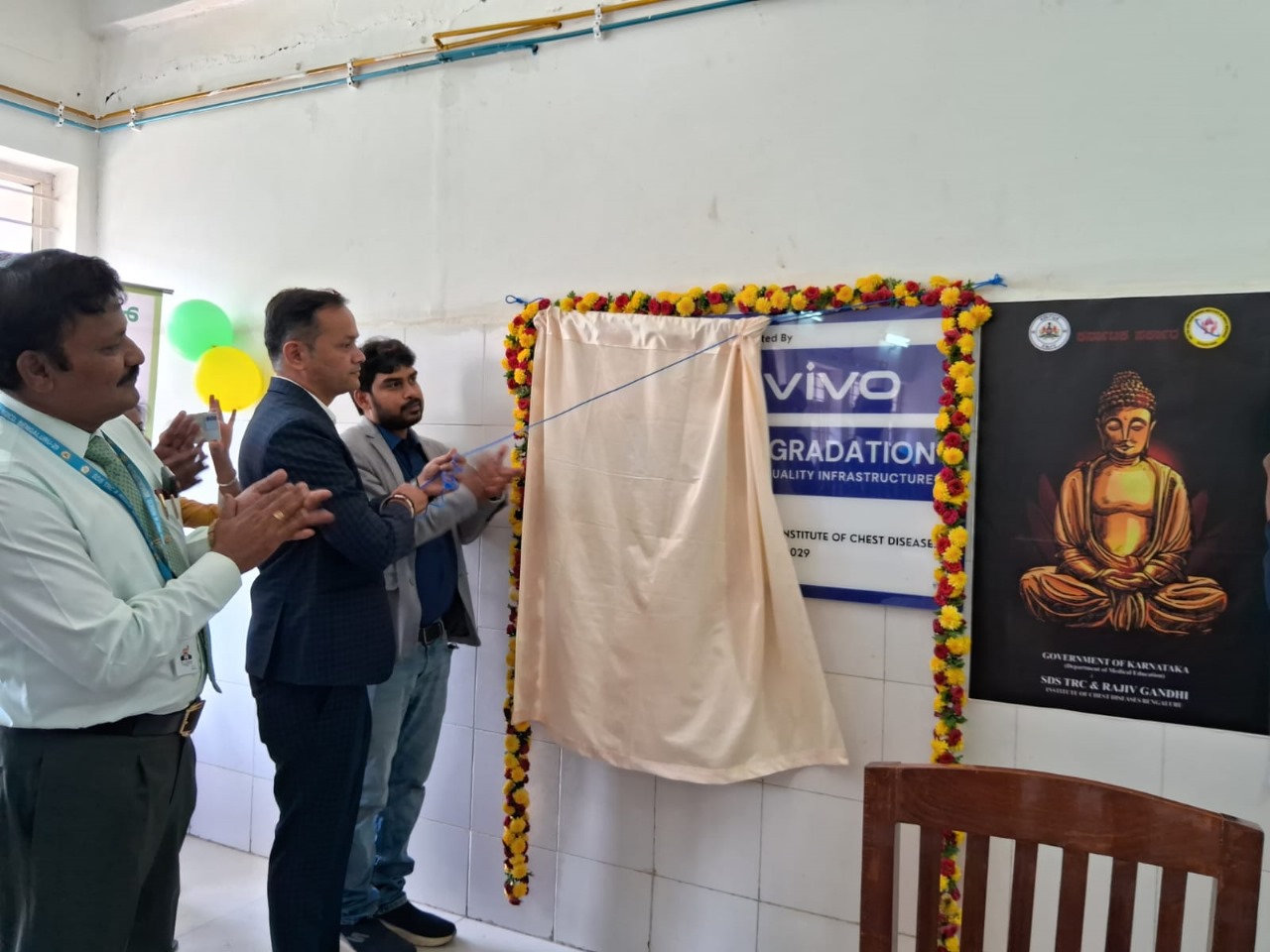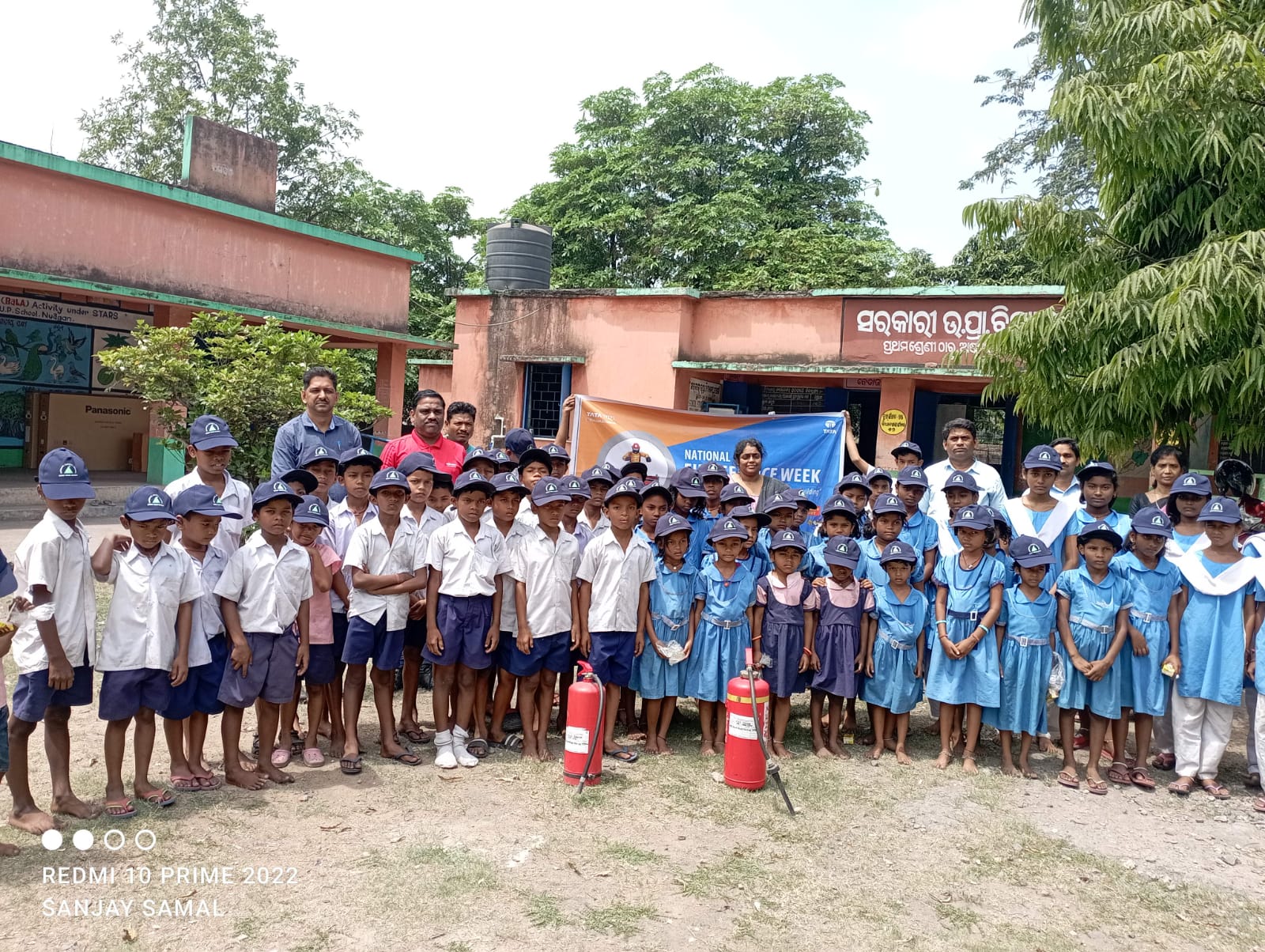Subscribe our Weekly Newsletter
Applications Invited for Alliance for Advancing Health Online Vaccine Confidence Fund Grant

Organization: Alliance for Advancing Health Online (AAHO)
Apply By: 31 Oct 2022
About the Organization
The Alliance is comprised of members from the technology, health, global development, and academic sectors that have joined forces to advance public understanding of how social media can best be utilized to better understand and increase the health and resiliency of communities around the world. The Alliance is excited to launch a second request for proposals (RFP) for research supported by the Vaccine Confidence Fund (“the Fund”).
The Fund is managed by Global Impact and financially supported by Meta Platforms, Inc. (“Meta”) and Merck & Co., Inc., Rahway, NJ, USA (known as MSD outside the United States and Canada) (“MSD”). Other Alliance members will be serving on the Advisory Council.
About Global Impact - Global Impact works on charitable ventures to inspire greater giving and serves as a trusted advisory, intermediary and implementing partner across the private, nonprofit and public sectors. Through these partnerships, Global Impact has raised nearly $2 billion for causes such as disaster relief and global development. Global Impact’s reach and services are complemented by the work of its subsidiary company, Geneva Global.
Global Impact is the Fund Manager for the Vaccine Confidence Fund.
About the Grant
The COVID-19 pandemic has caused global devastation with the deaths of over 6.25 million people, disrupting economic and social prosperity with a disproportionate impact on historically excluded or marginalized communities globally. It has also significantly changed our daily lives in all aspects – from the way we live, work, and engage with key public information, including through the use of social media and online platforms. Now, over a year after the first COVID-19 vaccines were introduced, while nearly 60% of the global population has been fully vaccinated, the relationship between vaccines and the public has changed. Amidst COVID-19 fatigue and complacency, we have seen:
- A shift from hesitancy driven by safety and efficacy concerns to hesitancy driven by a desire for individual freedom and rights
- An assumption that breakthrough infections caused by newer COVID-19 strains may mean that available vaccines are not working
- That local environment and community are influential in an individual’s desire to be vaccinated
- That the COVID-19 epidemic has influenced willingness to vaccinate generally. For example, in a 15-country COVID-19 Perception study conducted by the Africa CDC, 1-in-6 people declared that they are now less likely to vaccinate than before the outbreak.
This illustrates that there are still significant headwinds that must be explored and mitigated to promote vaccination confidence — for COVID-19 and routine immunizations — and drive uptake around the world.
The Alliance for Advancing Health Online is bringing collaborators from the technology, health, global development, and academic sectors together to advance public understanding of how social media can best be utilized to better understand and increase the health and resiliency of communities around the world. The Alliance launched its first program of research in June 2021- the Vaccine Confidence Fund (“the Fund”), which funded 33 research projects. To respond to the quickly evolving landscape, persistent unmet needs, insights and lessons learned via the first round of research, the Alliance is now launching a second round of funding to explore how social media can be leveraged to increase vaccination confidence and uptake for COVID-19 and routine immunizations. The Fund is managed by Global Impact and financially supported by Meta Platforms, Inc. ("Meta") and Merck & Co., Inc., Rahway, NJ, USA (known as MSD outside the United States and Canada) ("MSD"). Meta and MSD will not participate in the selection of fund recipients.
Areas of Interest:
The Fund is seeking proposals that address this primary research question:
How can social media be utilized to understand and increase vaccination confidence and uptake?
The Vaccine Confidence Fund II will be funding projects that explore how social media can be leveraged to drive confidence in, and uptake of, COVID-19 vaccines and routine immunizations (i.e., childhood and adult immunizations included in the World Health Organization’s recommendations for routine immunization[2]). Unlike the previous Fund, we are exclusively interested in projects that assess an intervention’s ability to impact real world health outcomes. To that end, all submissions should go beyond online measurement techniques to also measure offline health behaviors and outcomes.
We also encourage projects that look at how health care workers can be equipped to leverage social media and online engagement to promote vaccination confidence and uptake in their communities, or among health care workers themselves.
Example interventions (not comprehensive) that applicants may want to consider exploring include:
- Use of chatbots and messaging for offline health: Projects that explore how online messaging services can be used to increase vaccine uptake, e.g., through reminders, availability information, and chatbots. Projects could also examine how social media can be used effectively by health care workers and organizations to reduce barriers to vaccine uptake.
- How social media can be leveraged to reach priority populations: We are interested in projects that meet people where they are at with health information to effectively drive offline action. This may include projects that increase awareness of and access to care for marginalized groups through relevant messaging, messengers (e.g., health workers) and/or outreach using social media.
- Social media as a platform for public health messaging: Social media offers the ability to reach both wide and targeted audiences with content in various formats, for example through ads, live videos, and comment exchanges. Projects that examine what effects these messaging campaigns have on health behavior change.
- Online health communities and social norming interventions. Projects that examine the effect of participation in online health groups, or use of social media for other community building, on vaccination confidence, intent to vaccinate, and vaccine uptake. Projects that explore how others (healthcare workers and individuals) can use social media to influence friends’ and families’ vaccination decisions.
Research proposals should include the following:
- Well-defined problem statement that articulates a key research gap and specifies the population of interest, making it clear why this research is novel and how it will add to the current body of understanding.
- Proposed research methodology and approach. Priority will be given to causal impact studies that leverage experimental design (RCT) and other causal inference methods (ex: regression discontinuity, difference-in-differences). Applications should address: data collection (including sampling where applicable), bias correction, a detailed analysis plan and measurement of key outcome variables.
- A dissemination plan, including which academic journals and other media will be targeted.
- CVs of key project personnel and organizational information. We encourage proposals that include creative teams, with partners from different sectors. Applicants should detail the expertise of the team in their proposed research method as well as track record of disseminating findings in the proposed outlets.
- Timeline, budget and budget narrative.
The fund will not support research proposals that fail to present a coherent theory of change or rationale for how and why the proposed research and subsequent findings hold the potential to improve actual vaccine uptake.
How to Apply
The RFP process and receipt of proposals will be conducted via a web-based platform. Applicants should submit proposals via https://webportalapp.com/sp/vcf2 by October 31st, 2022. Applicants will be required to complete all sections of the grant application directly in the platform. PDF versions of the proposal cannot be uploaded into the platform. Additional detailed instructions for submitting the proposal are also included in the link. For technology support, please contact VCFinfo@charity.org.
It is the applicant’s responsibility to ensure that files are complete and transmitted by the deadline. The applicant bears full responsibility for data errors or omissions.
Key application requirements include:
- Project title, summary, and background/rationale that articulate a key research gap and/or specifies a target population (making it clear why this research is novel and how it will add to the current body of understanding)
- Research objectives and clear methodological approach, with timeline
- Measurement framework that outlines clear measures and intended plans for capturing data
- Dissemination plan
- Key project team members’ CVs/resumes
- Budget and budget narrative
For more information please check the Link
Latest Online Store
Latest Tenders And EOIs
Latest News
© Renalysis Consultants Pvt Ltd


























